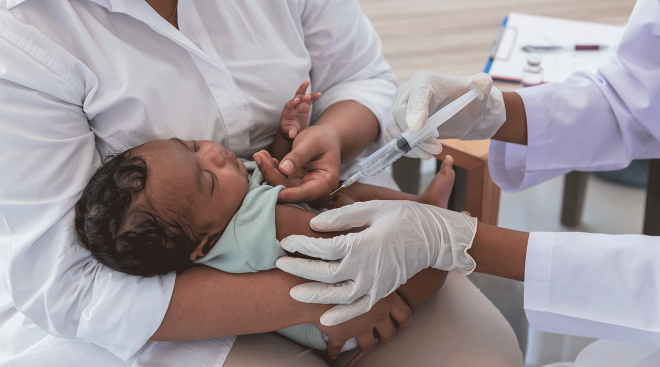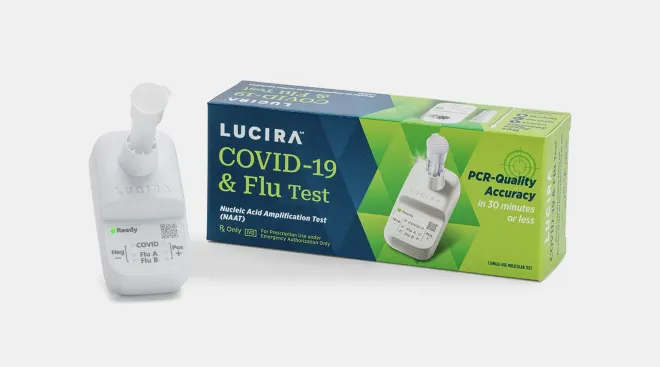Report: Spike in Toddlers Being Rushed to the ER for Swallowing Non-Food Things
Over the last two decades, 800,000 children have been rushed to the emergency room after swallowing non-food items, such as coins, batteries or toys. This averages about 99 kids per day.
The findings were published in the journal Pediatrics, where researchers looked at ingestion trends using data from the National Electronic Injury Surveillance System from 1995 to 2015. The analysis included nearly 30,000 cases of children under 6 years old who were treated at emergency departments for “foreign body ingestions.” The rate of ER visits rose from 9.5 per 10,000 children to 18 per 10,000 children over the course of the study’s 20-year period.
The majority of cases included incidents that happened at home. About 53 percent of the children were boys, and 62 percent were kids between 1 and 3 years old. More often than not, specifically 62 percent of the time, little ones were rushed to the hospital after swallowing coins. Other items included toys (10 percent), jewelry (7 percent) and batteries (less than 7 percent). In some cases, the ingestions needed to be closely monitored with hospitalization, with 80 percent of the cases because of coins followed by 6 percent because of batteries.
The report calls out the especially harmful risk button batteries pose, because they can get caught in the esophagus and damage tissue. In addition, the AAP warns against the damage of swallowing high-powered magnets, which can attract each other inside the body and cause serious damage to internal organs, in some cases leading to death. According to the report, magnets made up about 2 percent of the ER visits.
It’s hard to keep tabs on baby’s every move, but a watchful eye will help keep your little one out of harm’s way. For an added precaution, check out The Bump’s childproofing checklist for when your curious kiddo is constantly on the move.
Please note: The Bump and the materials and information it contains are not intended to, and do not constitute, medical or other health advice or diagnosis and should not be used as such. You should always consult with a qualified physician or health professional about your specific circumstances.
Navigate forward to interact with the calendar and select a date. Press the question mark key to get the keyboard shortcuts for changing dates.




















































